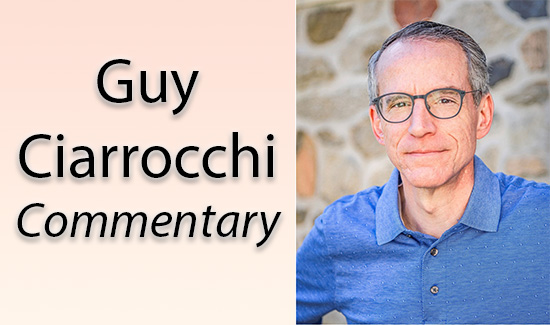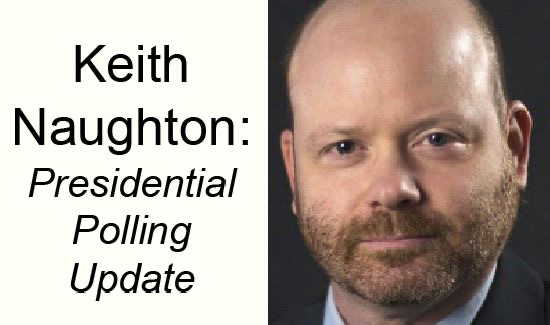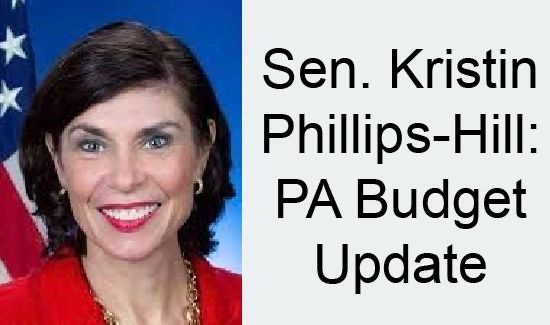Voters Should Decide New ‘Local Option’ Taxes

A bill introduced in the Pennsylvania General Assembly would allow all counties except Allegheny and Philadelphia to enact a 1 percent “local option” sales and use tax.
But while the measure has just begun to wend its way through the law-making process, a scholar at the Allegheny Institute for Public Policy says the final version must include a critically important provision:
“The Allegheny Institute strongly recommends the legislation be amended to require voter referendum as the sole method to approve the local option tax,” says Eric Montarti, research director at the Pittsburgh think tank (in Policy Brief Vol. 24, No. 18).
Local option taxes are permitted in 38 states. Act 6 of 1991 created an oversight board for Philadelphia and permitted a 1 percent local option tax. Act 77 of 1993 created the Regional Asset District in Allegheny County, also allowing for a 1 percent tax.
Act 44 of 2009, which reformed municipal pensions, permitted an additional 1 percent tax in Philadelphia, made permanent by Act 52 of 2013.
The latest local option tax legislation would allow Pennsylvania’s remaining 65 counties to impose a 1 percent tax on in-county transactions.
“The tax could be authorized by an action of the county’s elected officials or by referendum if the officials choose to allow the voters to decide the issue,” Montarti says.
“If approved, the 1 percent … tax would be levied in the same manner as the state’s 6 percent sales and use tax,” he adds, remitted to the state, with counties paid from a specific fund.
Montarti notes that revenue from the local option tax would go to the county and the municipalities within the county based on the assessed value of tax-exempt property.
“This would include charitable property, higher education, places of public worship and government-owned property,” the think tank researcher says. “This would hold for the county as well, which would be treated as a municipality for purposes of distribution.”
The money could be distributed proportionally if collected revenue is too much or too little relative to millage rates levied by the taxing bodies.
“A county would have to use its revenue ‘to maintain core services or to lower municipal property tax rates,’” Montarti says, quoting the legislation.
A municipality with pensions in severe or moderate distress (assets divided by liabilities resulting in a funding level of 69 percent or less) would first have to use revenue to pay the minimum municipal pension obligation. The remaining dollars could be used “to maintain core services of lower municipal property tax rates,” again per the legislation.
“Municipalities with pension funding at 70 percent or above would not have to use any revenue for the municipal obligation,” he notes.
Core services include police, fire, public works, public health and welfare, housing and code enforcement.
The tax could be repealed after five fiscal years, dependent on a petition of municipalities representing more than 50 percent of the population of the county seeking the repeal.
But Montarti reminds that the proposed legislation has a long way to go, given questions raised at an April 29 hearing before the House Local Government Committee.
Even if it should pass, “would counties opt to impose the tax?” he asks.
“In recent years counties have been given the option to add a $5 fee on existing automobile registration fees to fund repairs to county-owned infrastructure and a $15 fee onto existing deed recording fees to pay for blighted property demolition.
“To date, of the state’s 67 counties, only 24 have enacted the registration fee and 25 have adopted the demolition fee (14 have both),” Montarti reminds.
But he reiterates that chief among those changes must be those voter referendums to adopt the new taxes.
“This would put the voters in charge,” he stresses.
“The local option tax would be broader than the optional automobile and deed registration fees and would likely raise much more revenue,” he concludes.
Colin McNickle is communications and marketing director at the Allegheny Institute for Public Policy ([email protected]).





